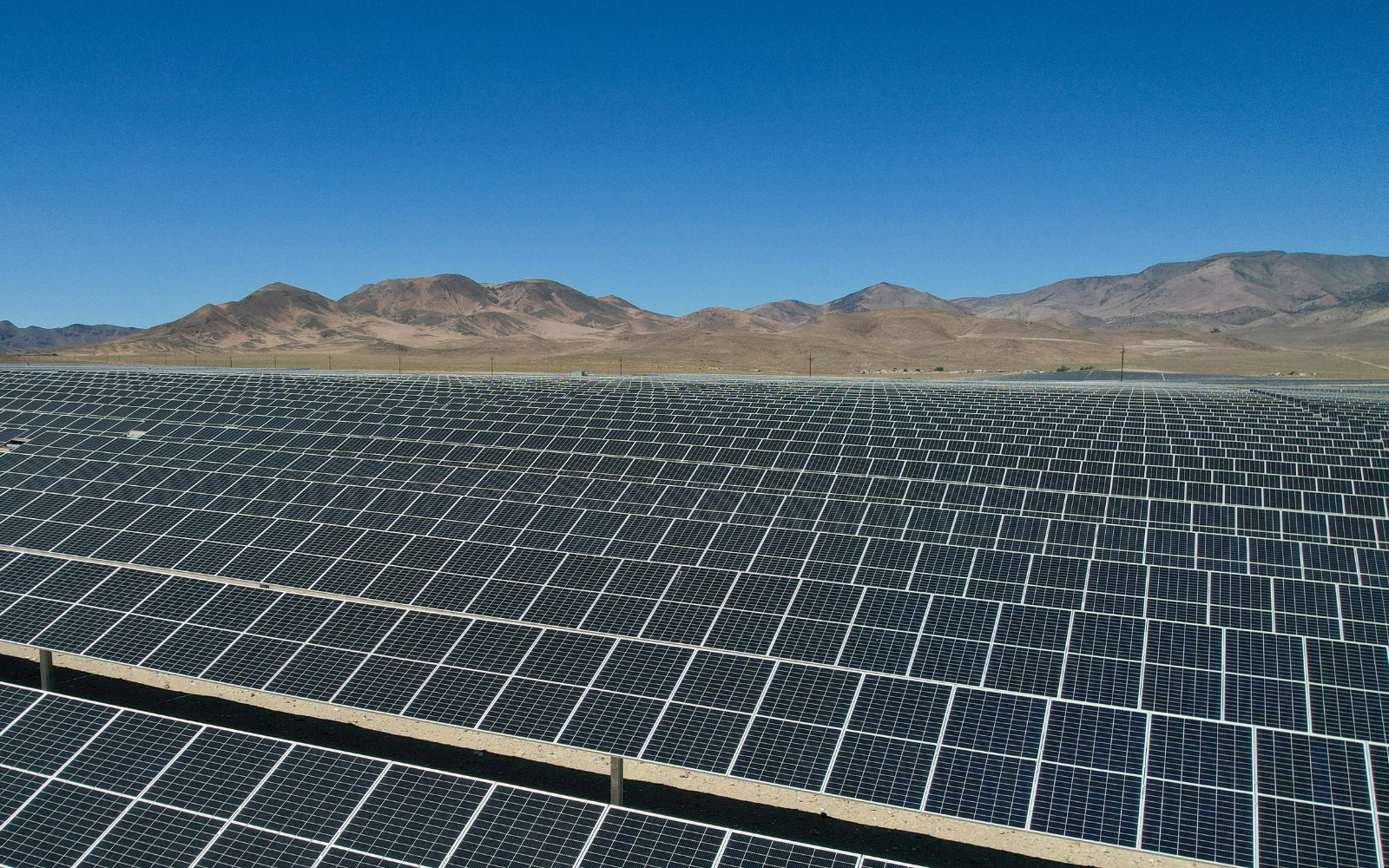
What This Means for Local Governments and Nonprofits
On June 14, 2023, the IRS made a pivotal change to the Inflation Reduction Act, expanding access to refundable tax credits for local governments and nonprofit organizations. For the first time, these entities may be eligible for refunds — even though they do not pay federal income taxes — through a new set of elective pay rules.
This shift creates a significant opportunity for municipalities and nonprofit groups to offset costs on key sustainability and infrastructure projects already underway or in planning.
What Projects Qualify?
The new provisions apply to several categories of qualifying activity. If your organization is involved in any of the following, you may be eligible for a direct payment refund:
- Clean Vehicle Credits:
Purchase of plug-in electric vehicles may qualify for up to $7,500 in credit per vehicle (under 14,000 lbs gross weight) or up to $40,000 for larger vehicles such as buses and ambulances. - Charging Infrastructure:
Installation of EV charging systems on government or nonprofit property may qualify for a refundable infrastructure credit. - Renewable Energy Projects:
Projects involving solar, wind, or geothermal generation completed or planned for completion in 2023 may also qualify — including those installed on government-owned buildings.

Grants Don’t Disqualify You
Importantly, these credits are available even if your project was funded in part by federal or state grants. That opens the door for broader eligibility than many organizations might assume.
However, timing and compliance are critical. The IRS is finalizing regulations and will require specific actions to preserve eligibility.
What You Need to Do
To retain the ability to claim these refundable credits, eligible entities must:
- Register with the IRS – A pre-filing registration is required. The IRS portal is expected to open later this year.
- File Form 990-T – Submit this form (or extension) no later than May 15, 2024, to claim the refund. Payment will be issued via direct deposit.
Documentation and Resources
The process will require proper documentation, accurate filings, and attention to IRS deadlines. If your organization is considering a qualifying project or has completed one this year, now is the time to act.
Need help navigating the requirements or filing?
Our team is available to provide guidance and support tailored to your situation.
For additional information, see these IRS resources:
Conclusion
By expanding access to refundable tax credits, the IRS has opened a new path for local governments and nonprofits to recover costs on critical infrastructure and sustainability initiatives. With deadlines approaching and requirements still evolving, now is the time to assess your eligibility and prepare the necessary filings. Taking action early can ensure your organization doesn’t miss out on this unprecedented opportunity for direct federal reimbursement.
Contact McMahan and Associates, LLC →





